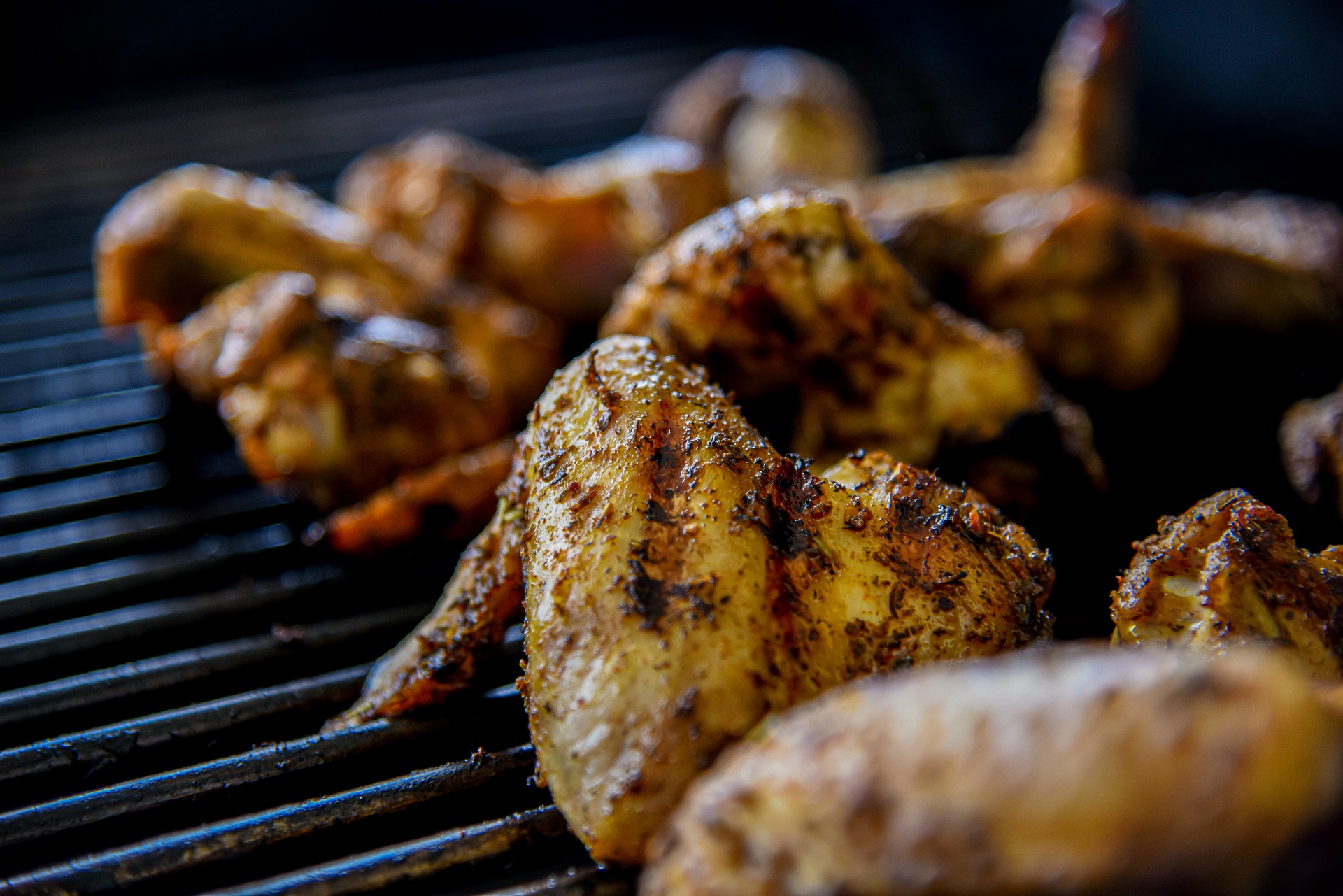
Grilling chicken properly is important to ensure that it's thoroughly cooked. Undercooked meat often contains bacteria like salmonella and E. Coli that can cause stomach cramps, diarrhea, and other health issues. It's reported that nearly 48 million Americans develop food poisoning every year. One way to prevent that is to cook the chicken completely before consuming it.
There are several benefits of having grilled chicken. These include weight loss, protein gain, healthier bones and muscles, and immunity boost. To enjoy these health benefits, you need to grill chicken properly. So, here are some common mistakes to avoid when grilling chicken and how to fix them.
This is not the best way to understand whether your chicken is done. Various visual factors can give false hints of doneness. These include darkened sugary sauces before the chicken is cooked, pronounced char grill marks or a very high temperature that has cooked the meat's outside but not the inside.
Fix: Use a good instant-read meat thermometer to see whether the internal temperature of the chicken has reached 165 degrees F (as per FDA). You can take the meat off the grill when its internal temperature is around 160 degrees. It will keep increasing slightly even after that. Allow the chicken to rest for a while before serving. Thus, it will be fully cooked.
If you set the temperature extremely high, the chicken won't cook properly on the inside but can burn on the outside. It will cook more thoroughly and evenly with lower heat.
Fix: Choose medium heat on a gas grill or medium-low on a charcoal grill to cook your chicken. Shift it midway through cooking to move it away from hotter parts of the grill so that the meat doesn't burn.
Since grilling involves slow cooking at a low temperature, you may lose patience and tend to walk away. But avoid doing that. It's important to stay close and keep an eye on the meat so that you can see which parts are becoming more heated. Then you can move the chicken on the grill and make sure that it's cooked evenly but isn't overdone.
Fix: Babysit your grill. Watch your chicken closely to monitor the progress of the grilling. Then you can move or flip the meat before it dries out or scorches.
Chicken with skin has another coat of insulation. Therefore, chicken with skin or bones takes more time to cook than skinless and boneless chicken.
Fix: Cook skinless and boneless chicken for slightly less time than skinned or bone-in chicken.
Every year, Americans consume around 15,000 metric tons of chicken. Grilled chicken constitutes a major part of it since it's a favorite recipe of all. Just avoid the above mistakes to enjoy perfectly grilled chicken or simply order it from the nearest restaurant that delivers chicken dishes.